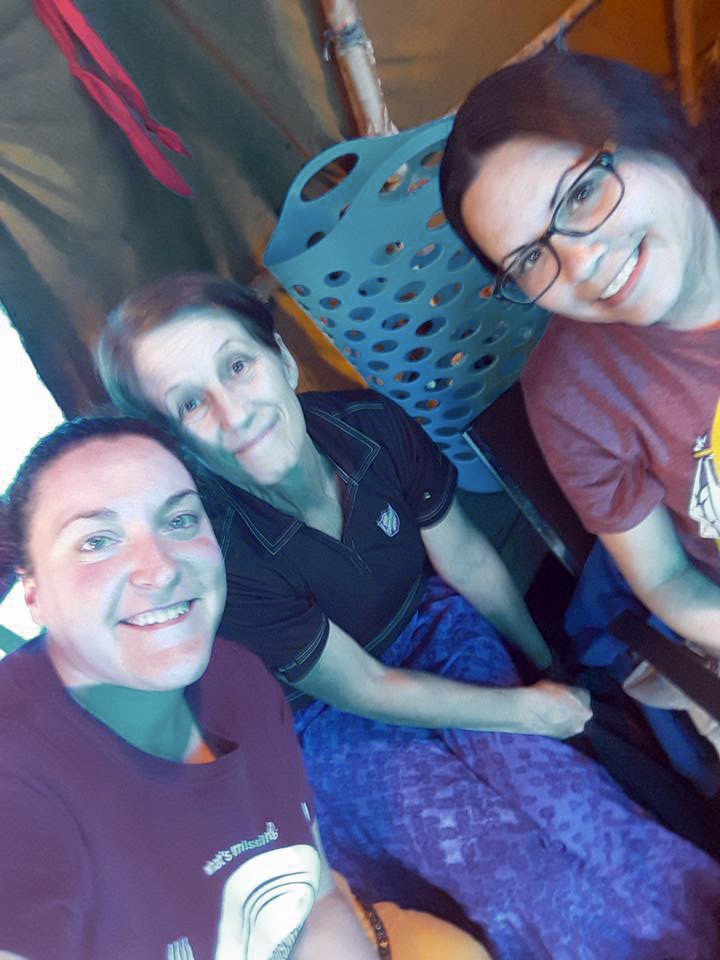 The Salvation Army team in a sweat lodge in Wapekeka: Lt Stephanie Sawchuk, Lt June Bobolo and Kathleen Sawdo
The Salvation Army team in a sweat lodge in Wapekeka: Lt Stephanie Sawchuk, Lt June Bobolo and Kathleen Sawdo
For Sawdo, an Indigenous person living in Thunder Bay, Ont., the news of Roundsky’s death brought sadness, but not shock. “This has happened before,” she says, “but it’s frustrating. It makes you angry that this keeps happening.” Suicide is the leading cause of death among children aged 10 to 14 in the Nishnawbe Aski Nation—a group of 49 First Nations across northern Ontario, including Wapekeka.
When the Salvation Army team arrived, many agencies were already present in the community. “We jumped in wherever they needed us, wherever we were able to help,” says Lieutenant Sawchuk.
Throughout their week in Wapekeka, the team assisted with the daily community meals—preparing, serving and cleaning up afterward.
“When you’re grieving, it’s hard to function,” says Sawdo. “So they had community meals—breakfast, lunch and supper—to alleviate that stress and get people to come out and share a meal together.”
The team also supported programming for children and youth. “We opened up the gym and had drop-in for the kids,” Lieutenant Sawchuk notes. “We did arts and crafts, sports, baking—things to keep them busy and keep their minds occupied.”
Sawdo also reached out to an elder in the community to arrange a sweat lodge ceremony. “It was a tremendous learning experience, sitting there and talking with the elder who did the ceremony,” she says.
Through that ceremony, the Salvation Army team learned that the elder was a survivor of Ralph Rowe—an Anglican minister who sexually abused as many as 500 Indigenous boys in northern Ontario during the 1970s and 1980s.
“During the sweat, we spoke to another community member who shared with us a documentary that had been done on Ralph Rowe, and how deeply Wapekeka has been affected,” Sawdo says. “You start to understand the community trauma, that it’s not just individuals—it’s a whole community in crisis.”
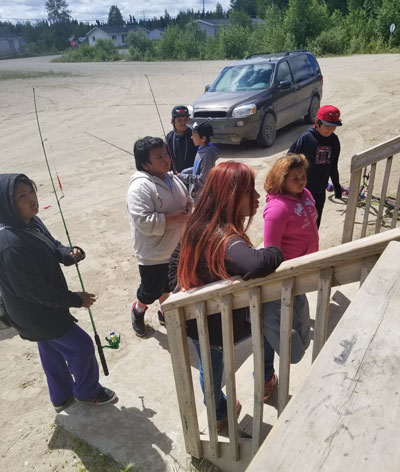 Wapekeka youth are ready for a fishing trip with the Canadian Rangers (a part of the Canadian Armed Forces Reserves working in remote regions)—one of the activities offered during The Salvation Army’s ministry in the community
Wapekeka youth are ready for a fishing trip with the Canadian Rangers (a part of the Canadian Armed Forces Reserves working in remote regions)—one of the activities offered during The Salvation Army’s ministry in the community
“They were so welcoming to us, so open to share their stories,” Lieutenant Sawchuk says. “The kids just wanted people to have fun with them and joke around with them. They, too, have hurt and have seen things that they shouldn’t see at a young age.
“I hope that in some small way God might have used my words to impact somebody,” she continues, “and that the community took away from our visit to Wapekeka that The Salvation Army genuinely cares and wants to do what we can to help.”
“Part of being a chaplain is just listening to people’s story, hearing what they have to say,” adds Lieutenant Bobolo. “We weren’t proselytizing or preaching to them—just being with them, knowing that God is present.”
Though their time in Wapekeka was short, Sawdo sees opportunities for longer-term support. “I think The Salvation Army could do that because the community has strong Christian faith, and what’s missing is learning how to walk the two worlds—that it’s OK to be Indigenous and it’s OK to be Christian,” she says.
The Wapekeka First Nation has plans in place to provide better mental health support to youth in crisis. No further suicides have taken place since June.




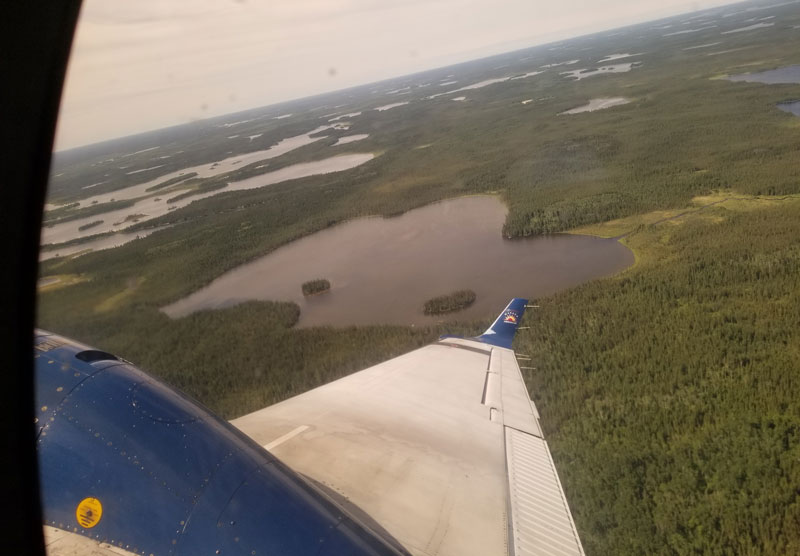
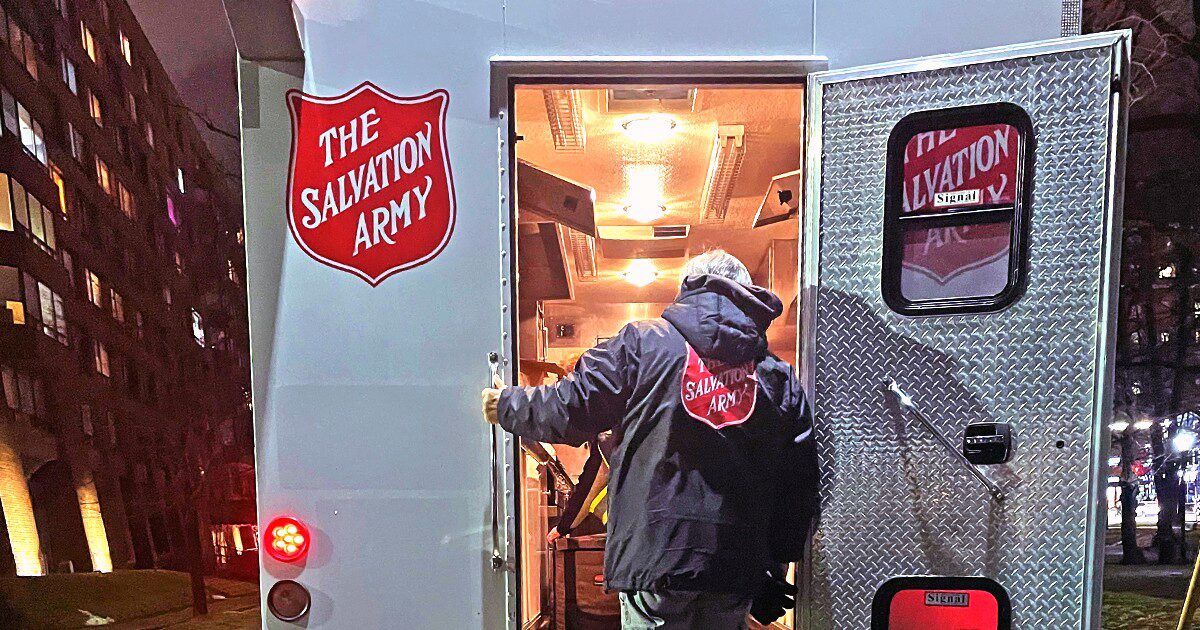
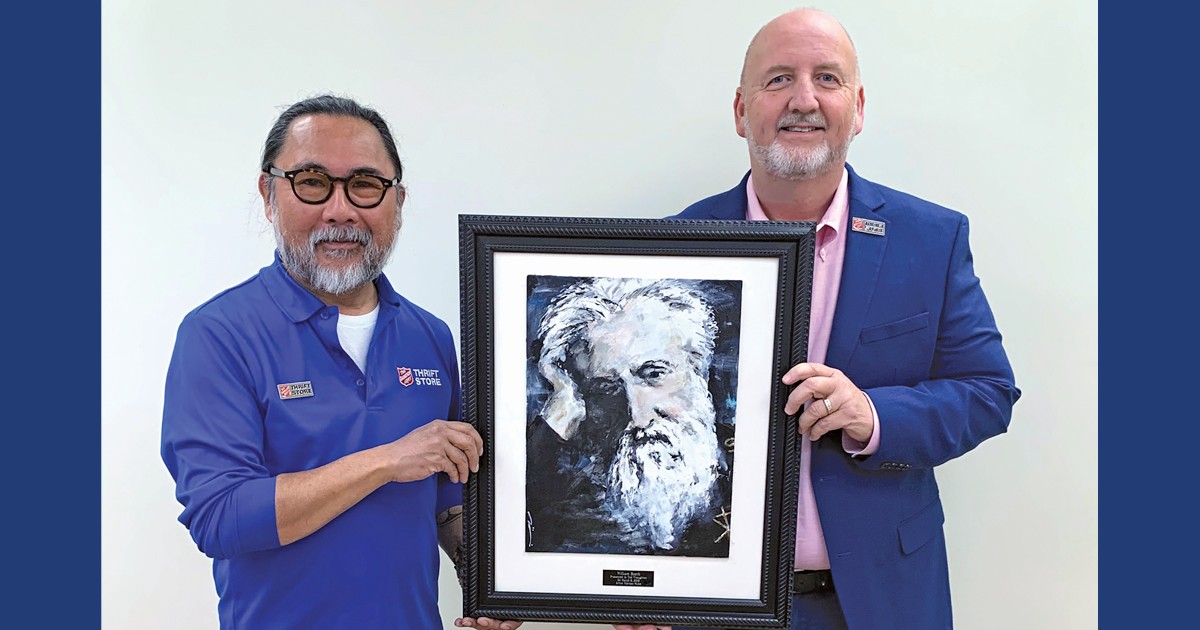
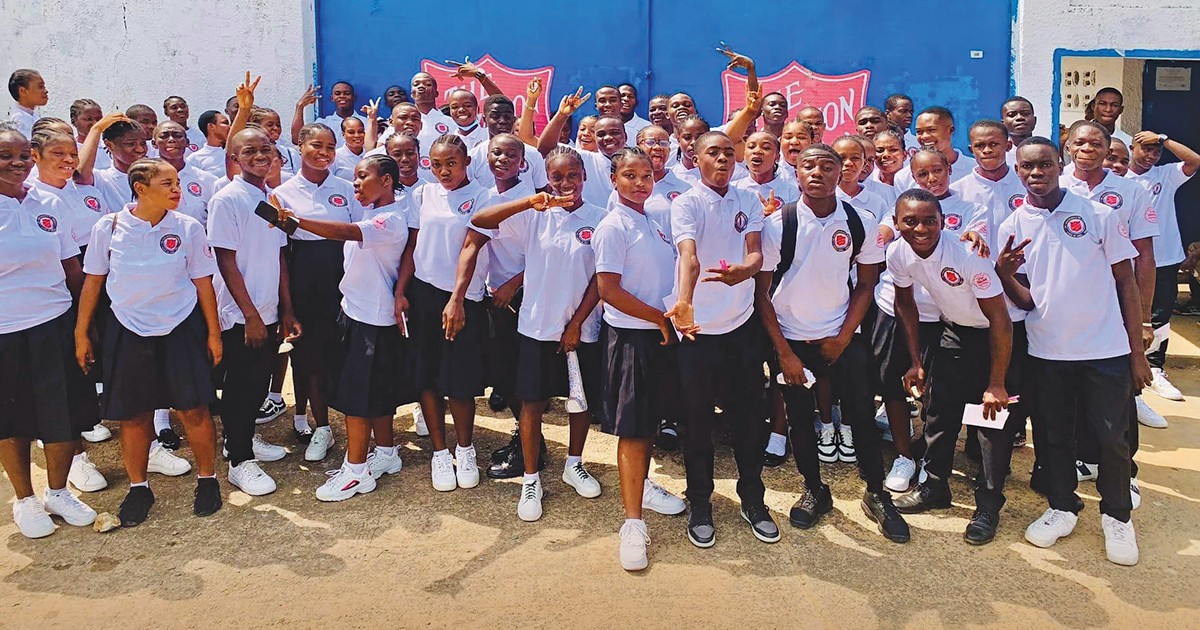


Comment
On Sunday, December 3, 2017, Hans Schiedon said:
Leave a Comment